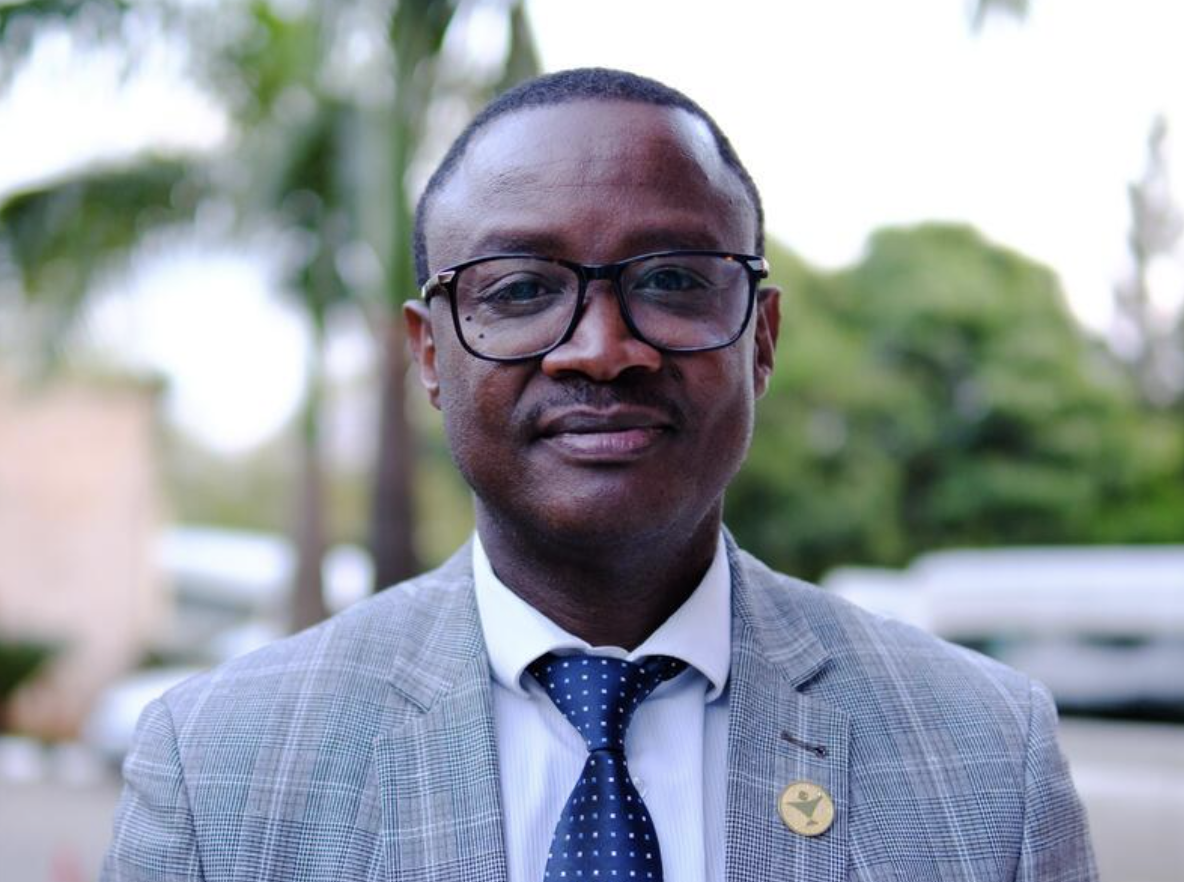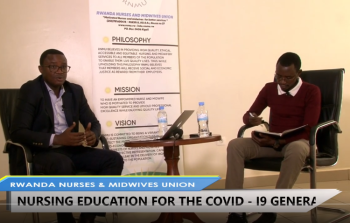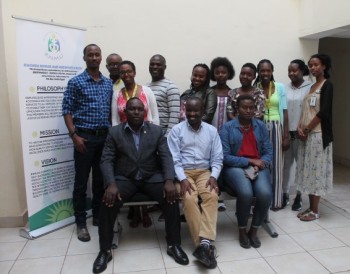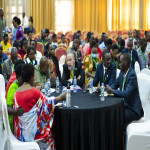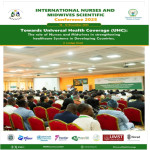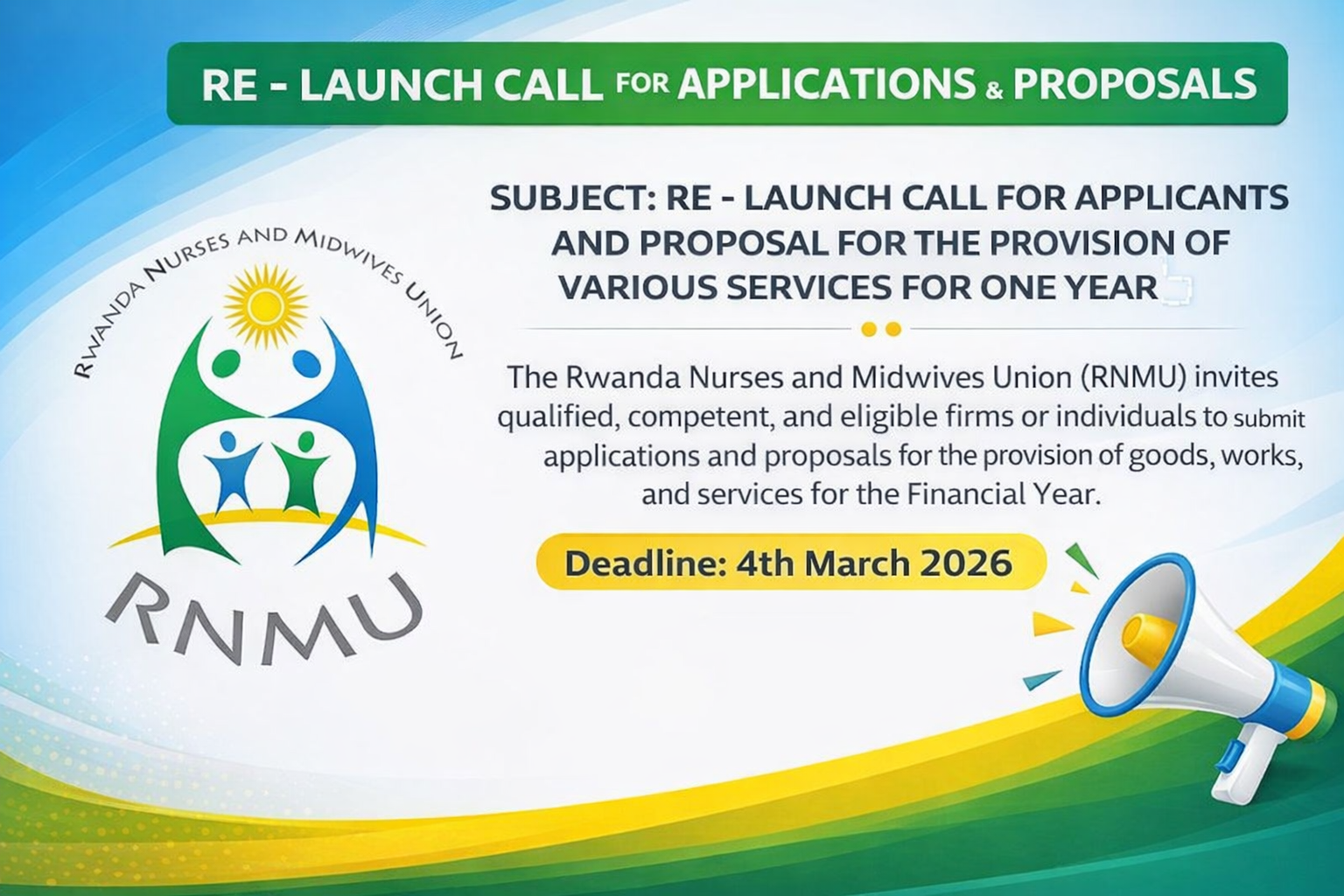As Rwanda joined the world in celebrating the International Day of the Midwife on May 5th, the year 2024 finds the country’s midwives still grappling with challenges including low salaries and excessive working hours, which prevent them from attending to their families and hinder their professional efficacy.
In a discussion with IGIHE, André Gitembagara, the head of Rwanda Nurses and Midwives Union (RNMU), highlighted that although significant progress has been made in enhancing the midwifery profession—with over 2,400 midwives now in Rwanda—there remain considerable obstacles for those in the field.
These challenges include salaries that have not kept pace with the times, such that a midwife earning a salary cannot support their family, along with the burden of excessive working hours.
A general estimate reveals that a large number of midwives in Rwanda earn 197,000 Rwandan Francs per month. Gitembagara pointed out that midwives and other medical staff last received a salary increase in 2016, and since then, many changes have occurred.
He said, “Living conditions are not good... the last time midwives saw a new salary rise was in 2016. Now it’s 2024, and considering how the currency has depreciated, looking at a midwife who was earning around 190,000 to 200,000 Francs, many are now earning 197,000 Francs.”
“The COVID-19 pandemic itself led to many expensive changes in the market, compounded by various conflicts around the world, all of which have driven up market prices, thus making it difficult to manage with the wages we earn from our jobs.”
This is further affirmed by Ndaziramiye Inyange Kate, a midwife at Masaka Hospital, who spoke on the challenges of low wages and excessive hours, which do not align with other responsibilities they have, such as family care.
She noted, “Firstly, the issue of hours is that they exceed the usual, we work so many hours that at some point you see that the midwife is really exhausted. Nowadays, the night counts as about 15 hours. Someone might come in at 11 PM and not finish until 2 PM the next day, which is quite challenging.”
Regarding the scarcity of midwives in Rwanda, the Minister of Health, Dr. Sabin Nsanzimana, recently mentioned that at least 14 women who give birth each night may be attended by only two midwives, though there are plans to quadruple the healthcare workforce by 2028.
Gitembagara further discussed the risks involved when a single midwife must handle two or three births in one night alone, which could lead to complications as they are responsible for caring for the mothers and their newborns by themselves.
He explained, “Delivering three babies is not miraculous, but being alone is where the real risk lies. You have to take care of the mother and then attend to the newborn, and both need immediate assistance at that moment, which is where the real danger of severe complications arises.”
Gitembagara also touched on the Ministry of Health’s plans to increase the number of midwives so that each health center would have three, although many currently only have one.
Nurses are also being utilized to perform deliveries, a task they are not specifically trained for.
As some midwives and nurses leave the profession to seek better opportunities due to these challenges, RNMU data shows that prior to COVID-19, about 1,800 had left, and though some returned during the pandemic when they were critically needed, they left again once the situation eased.
The RNMU also reports that between 2019 and 2023, 350 midwives and nurses were imprisoned due to professional errors, and others were summoned by judicial authorities. These errors are often due to the few numbers of midwives, as one might be responsible for many mothers in labor and newborns, leading to critical oversights.
Gitembagara mentioned that while the government does not permit midwives from Rwanda to work overseas due to local shortages, some still find opportunities in more developed countries like Canada, which offer better compensation and attract many from Africa.
He stated, “There are cases, we even had up to three companies, two from the UK and one from Canada, come to Rwanda to recruit them for jobs, but we discussed it with the Ministry of Health […], we agreed that we need to prevent this.”
“If you let 2,400 midwives leave, everyone under 55 might rush out, even those older might go. we prevent it, but some leave individually, they find a way and just stay there.”
Besides going abroad, the RNMU notes that even within the country, many midwives prefer working in private hospitals and clinics, which pay more compared to staying in public health centers.
